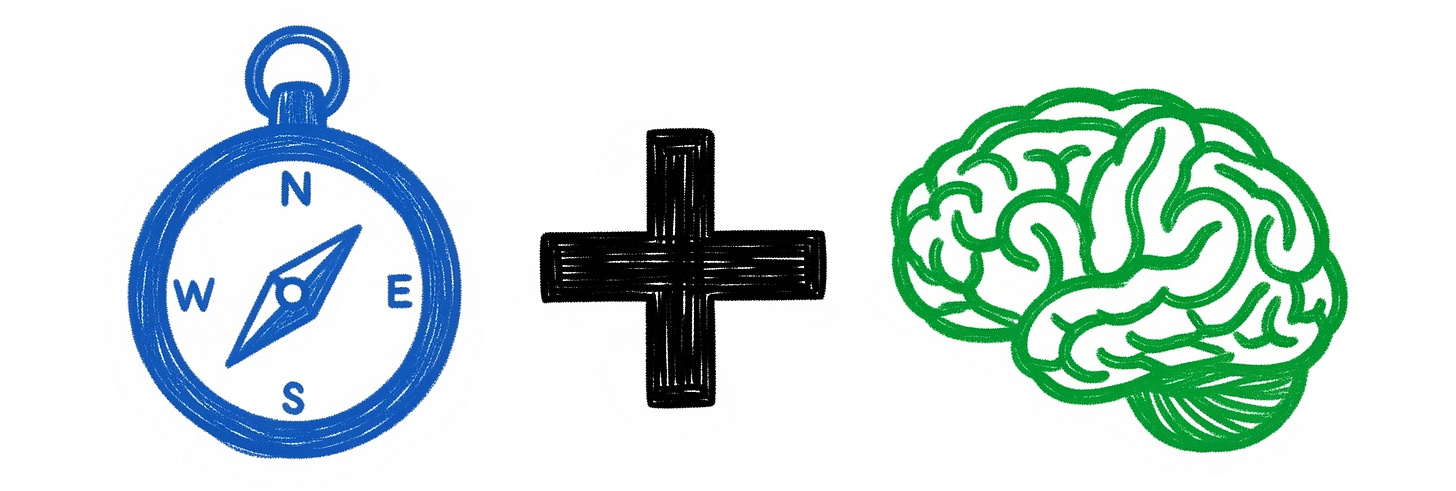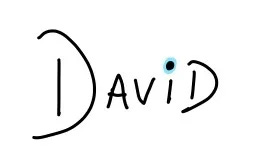I started the week celebrating a birthday, which came on the heels of losing several iconic personalities from my youth. And if that didn’t put me in a reflective enough mood, a couple of other interactions would finish the job. One came in the form of a former colleague I worked with many moons ago, who reached out randomly. We had a pretty standard back and forth, but they did casually reference that I had done something during our short time working together, which put them in a challenging situation. Without getting defensive, I apologized immediately.
The details didn’t matter, nor did it matter if I had good cause behind my actions during said event. What mattered was that at the time of it, and my age then (mid-30s), I am confident that I did not have something that I have some degree of now.
Wisdom.
So I owned up to what I did because I remember who I was at that time. I wasn’t a bad person by any stretch, nor was I a different person than the person I am today, but I was a person with less life experience, and life experience brings maturity. Yes, I was less mature than I am now. And ten years from now, I will probably look back at the person I am today and say that today’s version of myself is less mature than my future version who I have yet to meet.
I ended the week catching up with someone who I believe has a surplus of wisdom—an industry peer that I always find myself fortunate to have access to. We discussed a venture they are involved with, and it struck me that the venture is a perfect complement to the current state of technology—specifically, AI. What AI gives us is instant knowledge, both remotely, virtually… instantly and conveniently.
What it cannot provide (but does attempt to emulate) is wisdom and genuine connection—the kind we can only get from other human beings, and the ultimate delivery system of that connection is physical presence.
That doesn’t mean that we’re not heading toward a future where many people will seek connection and comfort from artificially constructed experiences—on the contrary, there will be plenty of that. But that doesn’t mean it’s going to be the most intellectually and emotionally substantive thing for us. Or remotely good for us in the long run.
At best, it will be a substitute and at worst, it will be… well… that’s TBD.
A lifetime ago (it feels), I wrote a blog titled “Logic+Emotion”. The premise was simple—that the best experiences connected with us not only intellectually but at deeply emotional levels as well. When it comes to the inevitable AI age, I think the equivalent of Logic+Emotion is Wisdom+Intelligence. We’re fast entering a world where knowledge, both in terms of volume and speed of access, is more accessible than we’ve ever experienced it before—and that’s saying a lot given the past two decades-plus of the internet and related technologies.
But wisdom is lived… it’s felt and it’s experienced. It’s human. It’s mystical, spiritual, and fragile. It’s easily imitated but rarely duplicated. Intelligence is becoming commoditized, it’s now more potent than ever, and omnipresent. Wisdom is becoming a rare earth mineral, a precious metal, or a priceless work of art, valued for its uniqueness and its unmistakable mark that it leaves on those who come into its presence.
Wisdom will become even more rare and precious as intelligence becomes more universally accessible to more people.
The world is moving fast. Adaptation isn’t optional, it’s inevitable. Instantly accessible intelligence is a force multiplier, and wisdom—well that’s true north, if we’re lucky or wise enough to find and follow it, wherever it leads us.
Where we’re going—we’ll need both.
Visually yours,




Absolutely. I think one of the most powerful AI tools we have right now is Deep Research. Ask a well formed question, wait a bit, and you get something to work with. Related, Christopher Penn’s process of starting the process and then having the ai use his CASINO PDF to help with the prompt is takes it to an 11. It was in a recent Almost Timely News.
But…
There’s the catch that if you don’t read the result critically you might be heading down the wrong path.
You can’t rush wisdom, no matter how much we’d like.
The question of whether we can hack wisdom is my next research focus. I agree with David's premise that in a world where knowledge is commoditized, wisdom will be our greatest asset and differentiator. So how do we become wiser, with intention and direction? We could, as David suggests, simply wait for age and experience to work its natural process. But what if we could measure, teach, and develop wisdom? How could we become wiser sooner, so that we make better decisions?